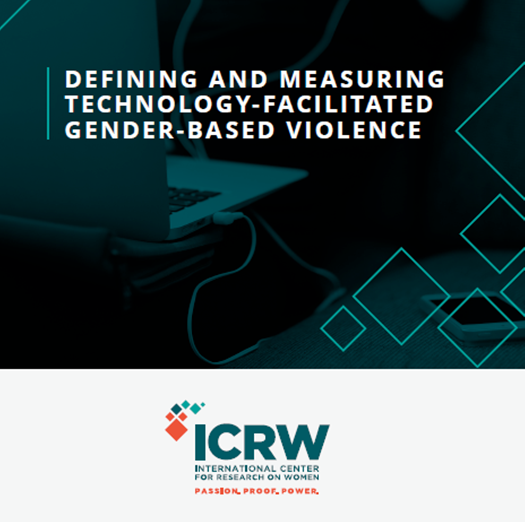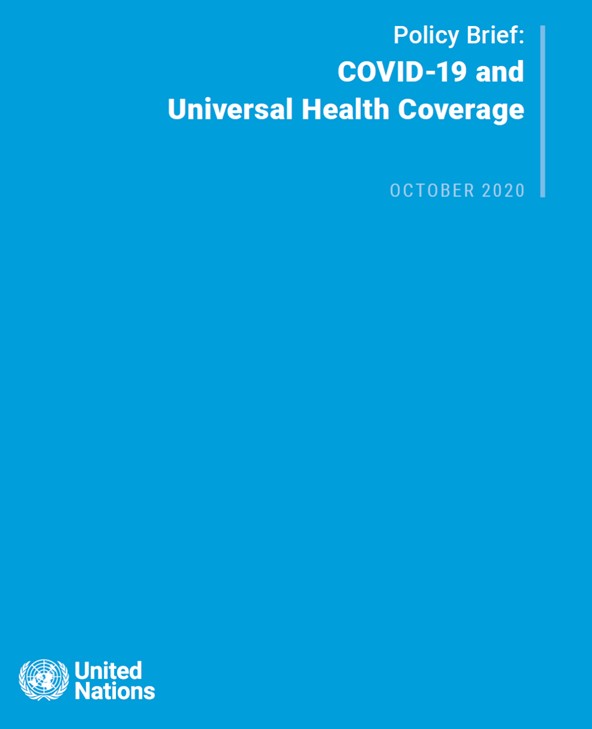EU – Homelessness – Special challenges for homeless women, & during the pandemic
Извор: WUNRN – 03.12.2020
According to FEANTSA & Foundation Abbe Pierre estimations in their 4th Overview of Housing Exclusion in Europe, at least 700,000 homeless people are sleeping rough or in emergency/temporary accommodation on one night in the European Union. It is an increase of 70% compared to ten years ago.
WUNRN invites you to visit and engage with WUNRN Europe Twitter at: https://twitter.com/wunrn_eu
How Parliament wants to end homelessness in the EU | News | European Parliament (europa.eu)
Website Link Includes Video.
HOW THE EUROPEAN PARLIAMENT WANTS TO END HOMELESSNESS IN EUROPE
The European Parliament wants to end homelessness in the EU by 2030.
In a resolution adopted on 24 November, MEPs call on the EU and its member states to stop homelessness by 2030. They advocate an EU framework of national strategies and call on EU countries to decriminalise homelessness and continue to raise funding to tackle the problem
Why homelessness is an important issu
Housing is a fundamental human right, Parliament notes, but every night more than 700,000 people are sleeping rough in Europe, an increase of 70% over the last 10 years
The Covid-19-crisis puts homeless people at additional risk, as they disproportionally suffer poor health and lack access to hygiene and health care. With the current economic recession and jobs losses, homelessness rates could increase.
Homelessness is […] one of the most severe forms of poverty and deprivation that needs to be abolished by targeted and integrated policies
Parliament resolution on tackling homelessness rates in the EU
November 24, 2020- Homeless people are often targets of hate crimes and violence, including social stigmatisation. The profiles of Europe’s homeless population is changing, with more and more children, migrants, minorities, women and families on the streets
Parliament’s solutions to homelessnes
Parliament calls on EU countries to:
- provide equal access to public services such as health care, education and social services
- support the integration of homeless people into the labour market via employment programmes, training and tailored schemes
- provide constant access to emergency shelters as a last resort (in addition to prevention and support measures)
- work on a common definition, improved data collection and coherent indicators to be able to better understand and assess the extent of the problem
Additionally, Parliament calls on EU countries to adopt the principle of “housing firs”’, already successfully introduced by several countries. Contrary to more ‘traditional’ approaches, the “housing first” model seeks to move homeless people into permanent housing as quickly as possible before addressing other issues
Lack of affordable housing is a growing problem
Despite substantial differences between EU countries, the lack of affordable housing is a growing problem, with house prices rising by 5.2% in the EU in the second quarter of 2020 compared to the same quarter of 2019.
This is a problem for low-income owners or renters: In 2018, almost 38% of households at risk of poverty spent more than 40% of their disposable income on housing, compared to 10.2% of the general EU population.
Parliament is also working on proposals for decent, affordable housing and inclusive housing markets.



